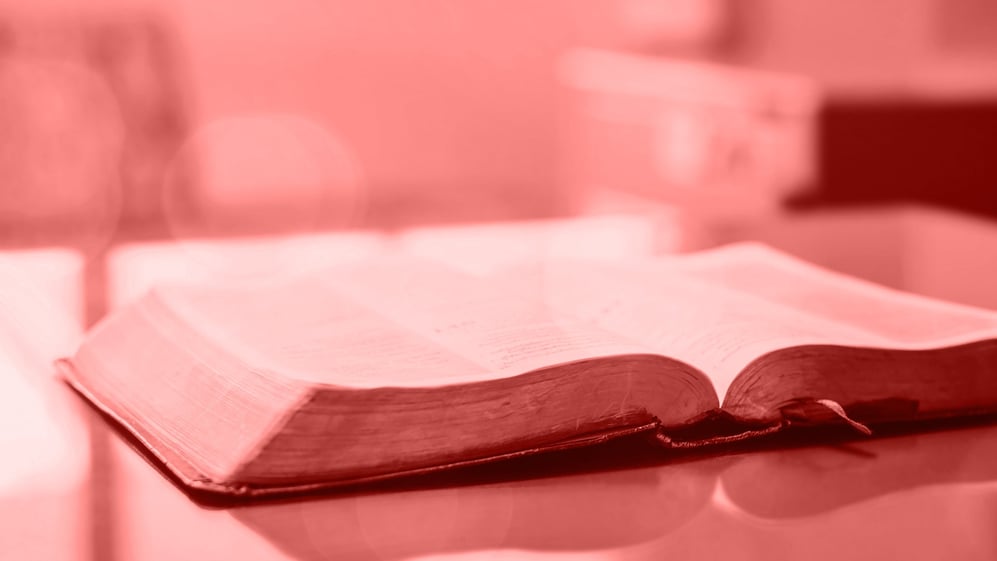Today's devotion for the Day of Pentecost comes from A Longer Look at the Lessons: Year A—Pentecost I.
Scripture Readings
Numbers 11:24–30
Psalm 25:1–15
Acts 2:1–21
John 7:37–39
Introduction
What a wondrous experience it must have been for the disciples to hear the sound like rushing wind, see the tongues like fire, and receive the Holy Spirit. Thanks be to God for giving us His Holy Spirit, who creates faith in us and leads us to share that faith with others!
Devotional Reading
Pentecost, a Jewish harvest festival, was celebrated on the fiftieth day after Passover, which was the fifteenth day of the month of Nisan. As a result, it did not occur on the same day of the week each year. In the year of the great event that we remember today, AD 30, Pentecost occurred on a Saturday, a Sabbath Day. As the Early Church began to observe Pentecost, celebrating the outpouring of the Holy Spirit, it was observed on the fiftieth day after Easter, counting Easter as day one. Easter is the first Sunday after the first full moon after the vernal equinox—making it a variable date, but always a Sunday. Pentecost is celebrated on a Sunday seven weeks later.
“There came from heaven a sound like a mighty rushing wind, and it filled the entire house where they were sitting.” It helps to know that both the Hebrew word ruach and the Greek word pneuma conveyed the concept of “spirit” as well as the concepts of “air” and “wind.” Jesus also used the wind as an illustration of the Spirit’s “blowing” wherever He wishes.
The sound like wind and the tongues like fire evidently were temporary signs of what was taking place. The crowd heard the sound and gathered, but there is no indication that the tongues like fire were seen by people other than those in the house. The manifestation of the Spirit that lasted longer and that touched the crowd was the newly enabled ability of these followers of Jesus to speak in tongues. The Greek for “tongues” is glossais and means “languages.” The experience evidently was a happy surprise.
Some of the “Jews, devout men from every nation under heaven” in Jerusalem at this time were pilgrims who had come for the festival days. Others were elderly Jews who had moved to Jerusalem to live their last years near the temple after having lived their whole lives in other countries. These foreign Jews probably could handle some Aramaic and Greek, but they were surprised and pleased when they suddenly found Galilean Jews declaring the wonders of God in their mother tongues.
Peter used the skeptics’ “They are filled with new wine” as a springboard for his message, first making it clear that “these people are not drunk.” Jews of that time carried out morning sacrifices before the first meal, a meal of bread. They did not drink wine until the evening meal, a more complete meal when also some meat might be eaten. So Peter dismissed the idea of their being drunk at 9:00 a.m. Under the guidance of the Holy Spirit, he quoted the prophecy of Joel to explain what was happening. It was the outpouring of the Holy Spirit that was predicted in their sacred Scripture as part of God’s plan that “everyone who calls upon the name of the Lord shall be saved.”
Devotional reading is from A Longer Look at the Lessons: Year A—Pentecost I, pages 8–9 © 2009 Concordia Publishing House. All rights reserved.










